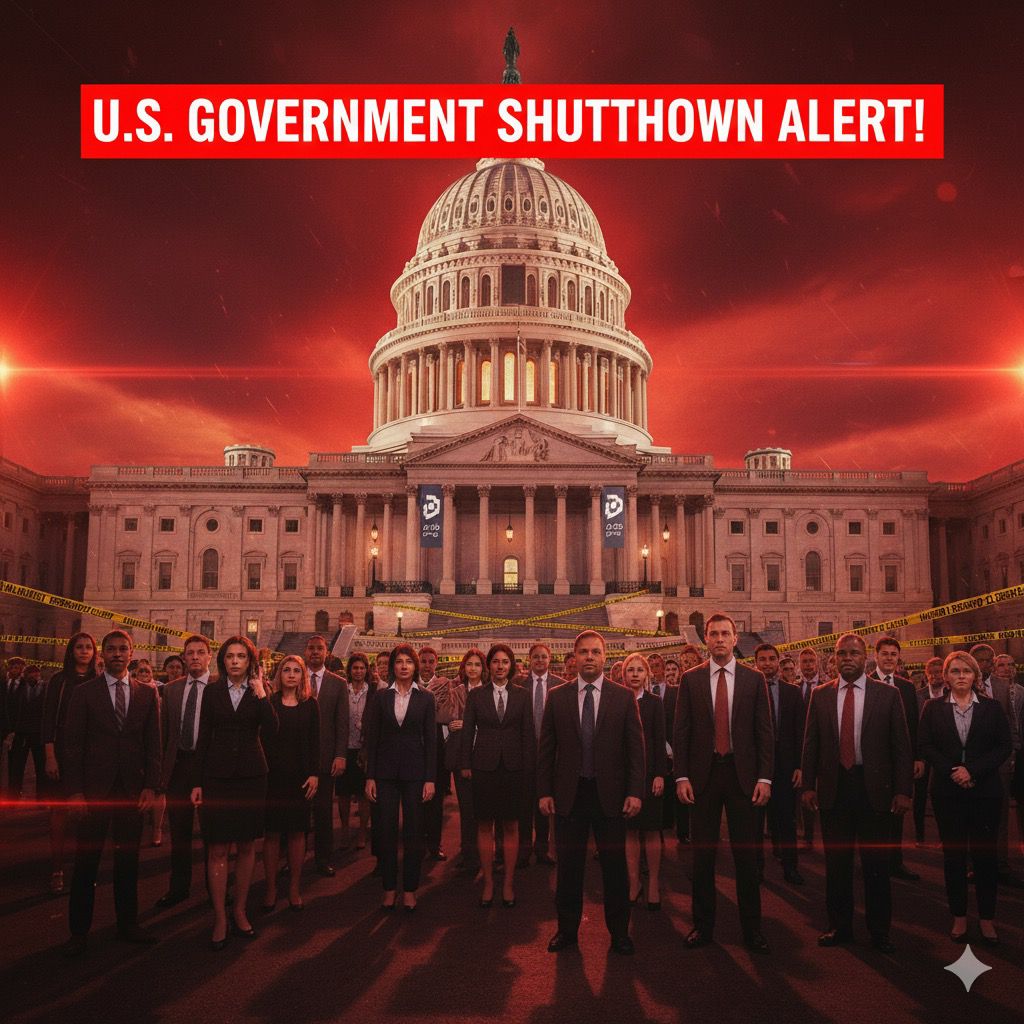The 2025 U.S. government shutdown has left many homebuyers wondering how it affects mortgage approvals. Fannie Mae has updated its reserve requirements, and understanding these changes is crucial to keeping your home loan on track. In this guide, we break down exactly what the new rules mean, how much cash reserves you need, and steps you can take to stay ahead during this uncertain period.
“If the shutdown continues on or after November 3, sellers must verify the greater of two months’ reserves, or the minimum reserves required by Desktop Underwriter (DU) or manual underwriting guidelines.”
— Fannie Mae Official Document
This rule ensures borrowers can cover at least two months of payments if the government shutdown affects income verification or loan processing.
💰 What Are Mortgage Reserves?
Reserves are liquid funds a borrower keeps after closing, enough to cover several months of mortgage payments.

For example:
- Monthly mortgage = $2,500
- Two months of reserves = $5,000 accessible funds
Higher reserves reduce lender risk but can limit access for first-time homebuyers or lower-income applicants.
⚙️ Why Fannie Mae Implemented This Rule
During a shutdown:
- IRS transcripts and employment verification become unavailable
- FHA, VA, and USDA loan processing slows
- Federal employees may lose paychecks
By requiring higher reserves, Fannie Mae reduces default risk while keeping the secondary mortgage market stable.
HousingWire: Temporary reserve adjustments
🏠 Lenders Face Multiple Challenges
- Slower Loan Processing – More documents and manual verification required
- Tighter Margins – Fewer qualified applicants reduce commission
- Tech Strain – Automated underwriting systems need updates
- Borrower Anxiety – Buyers may pause applications until the shutdown ends
📉 Economic Impact
Housing accounts for 16–18% of U.S. GDP. The new rule could:
| Area | Short-Term | Long-Term |
|---|---|---|
| Mortgage Originations | Slower approvals | Lasting backlog |
| Housing Market | Fewer buyers | Stabilized prices but lower sales volume |
| Construction Jobs | Projects stall | Employment decline |
| Consumer Spending | Savings diverted | Local economies slow |

Even one-week delays can cost $7–10 billion in economic output, according to housing analysts.
🧩 Balancing Risk and Housing Access
The rule protects lenders and investors but limits access for:
- First-time buyers
- Gig economy workers
- Lower-income families
Housing affordability was already low in 2025, making this rule an additional hurdle.
🏛️ Trump, Shutdown, and the Housing Shake-Up
The 2025 government shutdown isn’t just paper on a desk — it’s shaking wallets and home dreams across America. And President Trump is right in the middle of the storm. Federal workers? Some may not see back pay if Congress doesn’t step in. That uncertainty is sending ripples through mortgages and daily life.
But that’s not all. Trump’s FHFA pick, Bill Pulte, is stirring the pot, taking bold steps that critics say mix politics with housing policy. Lenders and buyers alike are watching closely — any hint of political friction can slow loans, shake investor confidence, and tighten the already stressed housing market.
On the bright side, the administration is pushing homebuilders to speed up construction. With millions of undeveloped lots across the country, Trump says: “Build it fast, build it big!” But will builders risk projects during a shutdown with federal programs frozen? That’s the million-dollar question.
Bottom line: Between paused paychecks, reserve rules from Fannie Mae, and a push to build more homes, the housing market is riding a rollercoaster — and the next stop? Only Washington knows.
External Sources:
⚠️ Tips for Borrowers
- Maintain at least two months of mortgage payments in savings
- Verify temporary policies with your lender
- Lock interest rates early
- Track updates from Fannie Mae and Freddie Mac
🧭 Final Takeaway
Fannie Mae’s two-month reserve rule shows how political gridlock directly impacts the housing market. Lenders face compliance challenges, borrowers face stricter requirements, and the economy feels the ripple effects.
If the shutdown continues beyond November 3, the U.S. housing market may enter a temporary slowdown, reshaping lending and affordability trends into 2026.
External Sources:
- Fannie Mae Lender Letter LL-2025-03
- HousingWire: Reserve Adjustments
- Investopedia: Mortgage Market & Shutdown
The US government shutdown & DOGE program are at the center of America’s biggest political storm in years read more above blog for truely understand details,












1 thought on “🏦 Fannie Mae’s 2025 Reserve Rule Amid Government Shutdown: What Homebuyers Should Know”